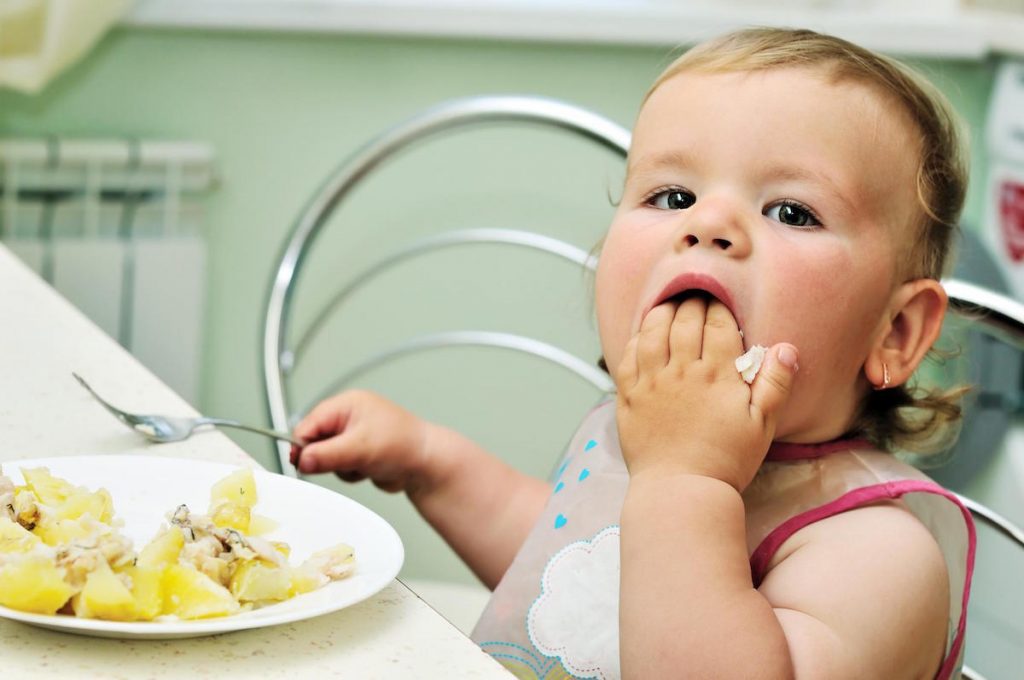Should I Worry About My Babies Habits?

Babies are naturally born with a reflex to suck any object that is placed in their mouth.
This reflex helps during the first few days and weeks of learning to feed and disappears at around four months.
Thumb or finger-sucking is a common habit among infants, and while most children naturally outgrow it between the ages of two and four, prolonged sucking can have lasting effects on their oral health.
Parents must understand the potential impacts and explore practical strategies for intervention.
Understanding the Impact
If thumb or finger sucking continues and the adult teeth start to erupt, it can change the average growth of the jaws.
It may cause misalignment of the front adult teeth, often resulting in the child needing orthodontic treatment.
This highlights the importance of early intervention and regular check-ups with a qualified professional in children’s dentistry to monitor the development of your child’s oral health.
In children’s dentistry, it’s essential to understand that habits like thumb or finger sucking can have specific impacts on oral health.
Beyond affecting alignment and requiring orthodontic treatment, prolonged habits may also affect jaw development and oral function.
Consulting a paediatric dentist can provide tailored guidance and interventions to address these concerns effectively.
Exploring Alternative Strategies
Parents need not panic if their baby is a thumb sucker.
If they are still in the habit at around the age of two, you can gently encourage them to stop, and then, by the age of four, they will have stopped completely.
You can help stop your child from thumb-sucking by:
- offering rewards and encouragement
- marking their progress on a calendar
- distraction
- wearing thumb-sucking guards while they sleep
- simply by reminding them not to
In addition to the mentioned methods for encouraging children to stop thumb-sucking or dummy use, you can try alternative soothing techniques.
Offering a variety of comforting activities, such as cuddling, singing lullabies, or providing a favourite toy, can help distract your child and reduce their reliance on thumb-sucking or dummy use.
Using a Dummy
For many children, sucking a thumb, finger, or dummy can cause changes and misalignment to their teeth and jaws.
Growth problems will naturally correct if the child stops when they are younger before the adult teeth erupt.
When adult teeth erupt, there is a far greater chance of irreversible damage and the need for orthodontic treatment if children are still sucking their thumb, finger, or dummy.
Never be tempted to soothe your baby by putting anything sweet on a dummy, such as honey or jam. This continued source of sugar can cause severe tooth decay very quickly. Baby teeth are made of a softer material than adult teeth and will decay faster.
Your child will become more attached to their dummy the longer they use it, making it more difficult for them to give it up. To limit its use, try giving it to them only at bed or nap time.
Expecting your child to stop using a dummy suddenly is not recommended as this can lead to them progressing to thumb or finger sucking.
So, don’t simply throw the dummy in the bin or out the car window. Throwing away a thumb could prove much harder!
Babies and children will often suck on their dummy or their thumb or finger to comfort themselves, so changes to this habit need to be gentle and natural.
Studies of children show they have a more significant problem in breaking their thumb or finger-sucking habit than children who suck a dummy.
The main benefit of using a dummy over finger-sucking is the ability to gently remove a pacifier from a child as they go to sleep. This helps the child become used to sleeping without.
Seeking Professional Advice
While these methods can be effective for many children, consulting with a paediatrician or dentist for personalised guidance on addressing thumb-sucking or dummy use in individual children is essential. They can provide tailored strategies and advice based on your child’s needs and circumstances.
Conclusion
Every child is unique, and breaking thumb-sucking habits requires patience and understanding. By implementing gentle and natural changes, parents can help their children overcome these habits and maintain good oral health.
Children’s Dentistry in North Lakes
Remember, every child is different, and what works for one may not work for another. Seek guidance from healthcare professionals, and be patient and understanding as you help your child navigate these habits.
At Passion Family Dental North Lakes, we like to listen to you and consider your needs.
Promotions (Terms and conditions apply)
Children’s Dental
– Children’s check-up & clean (under 6 years old) $89*
– Children’s check-up & clean (6-12 years old) $119*
Includes: Exam, Scale and Clean, Fluoride, two X-rays
FREE KIDS DENTAL
Check your kid’s eligibility for $1,132 in dental benefits to use on selected dental services.
Call (07) 3465 1199 or visit us at Unit 4/6 Endeavour Boulevard in North Lakes for professional advice on children’s dentistry.

